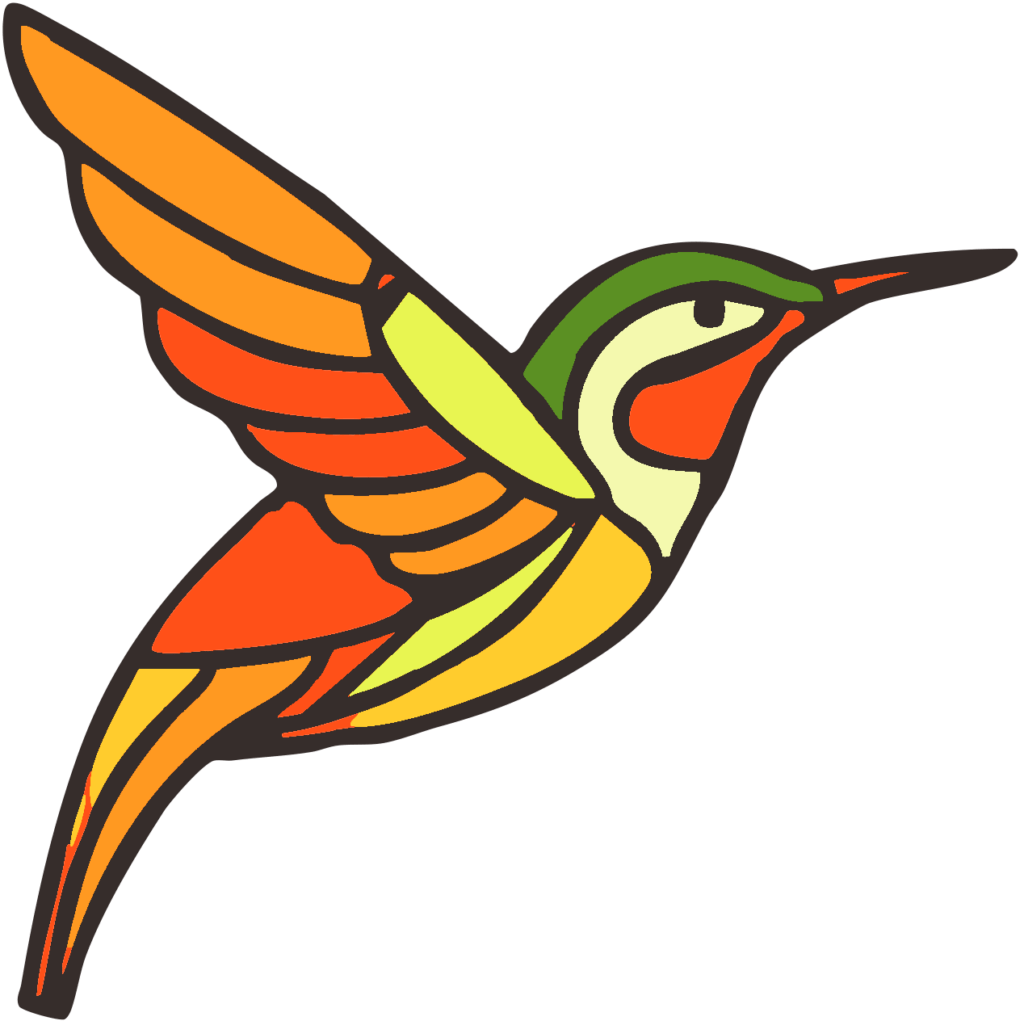[It’s Psychedelic Baby] Alex Henry Foster & The Long Shadows | Interview | New Album & Tour 2022
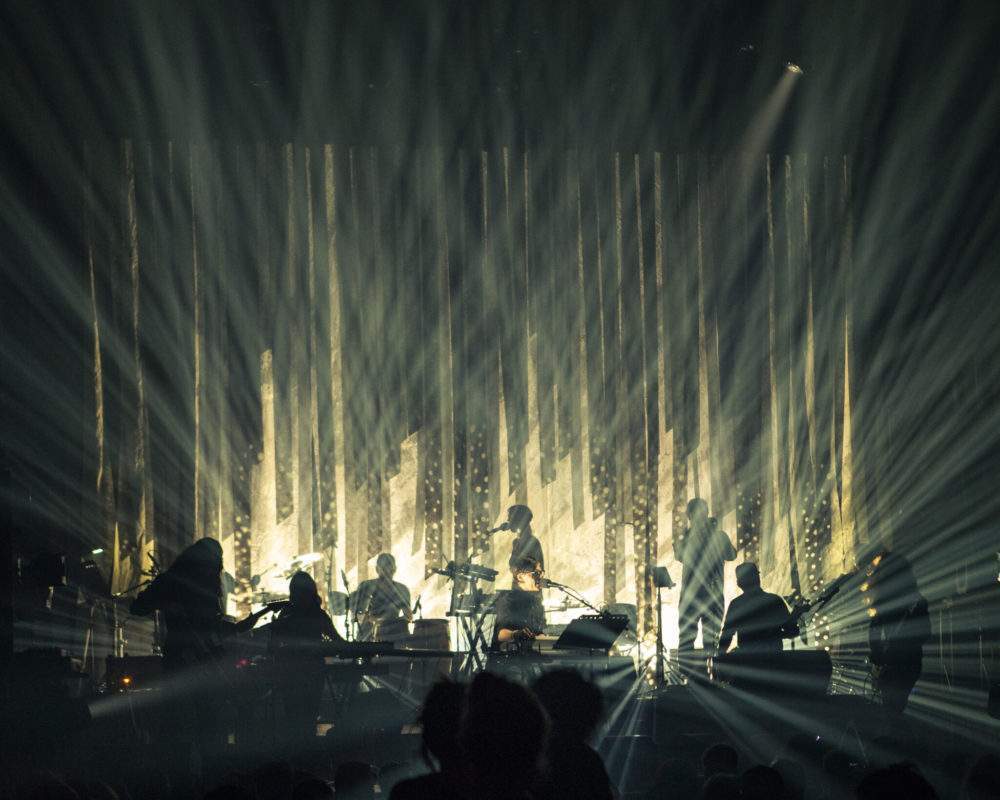
As published in It’s Psychedelic Baby
Read the original article here
‘Standing Under Bright Lights’ takes place approximately six months after the release of Alex Henry Foster’s phenomenal first solo album ‘Windows in the Sky’.
Alex Henry Foster is a Canadian musician, singer, producer, and composer, best known as the frontman of Juno Awards nominee band Your Favorite Enemies. In November 2018, Foster released a first solo album ‘Windows in the Sky’. In April 2021, he released his live album and film ‘Standing Under Bright Lights’, featuring his first concert at the Festival International de Jazz de Montréal.
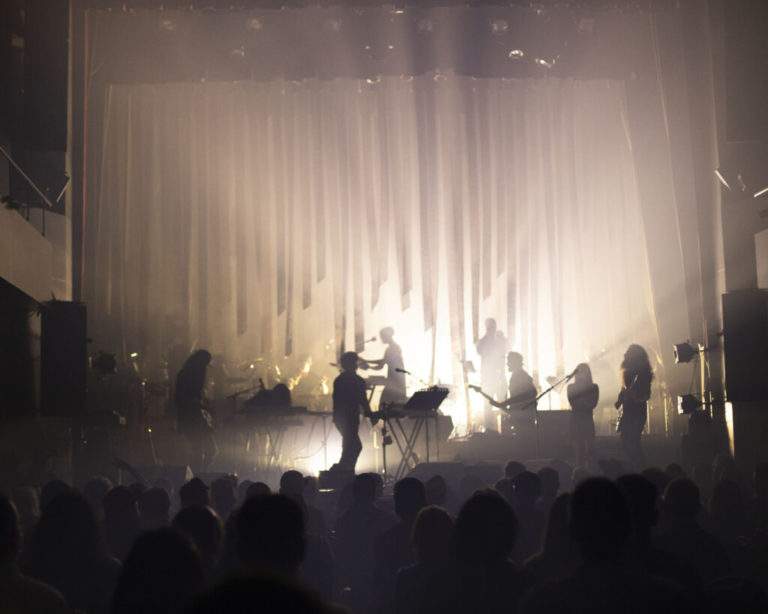
“Music is essentially a communion in which whatever is created can grow away from my own limitations and boundaries”
You’ve probably been very busy during the pandemic working on ‘Standing Under Bright Lights’, a triple live album from Festival International de Jazz de Montréal. Are you excited to finally have this special show on vinyl?
Absolutely! The whole process that led to the release of ‘Standing Under Bright Lights’ has been quite a fulfilling and inspiring journey for me. Not only was it the first concert I ever played as a solo artist, but it was supposed to be a one-off event designed to stand as a homage to my father who had passed 5 years before. I was sharing a very genuine moment with friends, family, and people who came from all over to the world to be part of what should have been my only public performance, in my home town, as a featured artist in a festival I used to go to with my father as a kid… There was a lot of personal and intimate dimensions to the whole experience, even if it was first and foremost a collective celebration. Beyond the 11 musicians on stage and the visual production, I wanted to offer a communal immersion that would encapsulate what my album ‘Windows in the Sky’ was about; a pure let go and total abandonment, totally free from egocentric ambition and self-awareness. The evening was about touching the invisible, being led by the intangibility of the night’s spirit, and welcoming whatever sensation would bloom from that stream of honest emotions…
It was something I had never experienced before. Even if I felt that the concert had been really unique and singular, it’s only when I actually found the courage to listen to it about a year after that I realized how liberating and emancipating that moment had been for me. Seeing such a pure project had a completely different meaning from any of the records I had had the privilege to put out before. There’s something beyond the words and the music. It’s way greater than me and anything I might have wished to create at any given time in my life. It’s equally humbling to share the moment’s pure nature and uplifting to see it evolve beyond my otherwise limited reach…
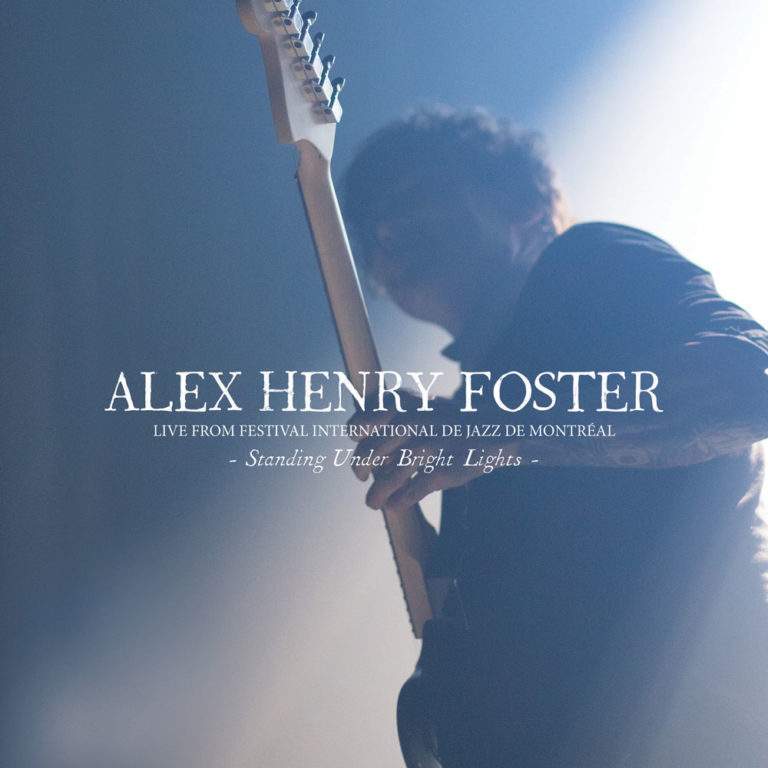
So to answer your question, I am excited!
Are you a classically trained musician? Do you come from a musical family?
If being groomed by a father who was into Zeppelin, Sabbath, Can and a mother who was into Elvis, Chuck Berry, and everything rock n roll, then yes! I guess I come from a musical family and my classical training comes from countless hours listening to the Ramones, the Pistols, the Cure, Glenn Branca, and Sonic Youth. Does it at least count for an honorific degree or something? A certificate, maybe? Come on, guys!
“The openness keeps everyone honest”
Are you considering wrapping a full-time band around yourself, or do you enjoy the freedom that comes from picking musicians in reference to specific projects?
I really enjoy the freedom that I now have, but for me, music is essentially a communion in which whatever is created can grow away from my own limitations and boundaries. And in order to do so, I founded the open entity that is ‘The Long Shadows’, some kind of a “non-band” format that variably shapes itself as the songs and projects evolve. And that concept is incredibly inspiring for me. It enfranchised ideas I would have never dared to share in the close format of the band I was in before. The openness keeps everyone honest, too. There’s no more negative tension or overpowering others. It’s way more empowering and creatively expanding that way. At least, that’s my way to see it.
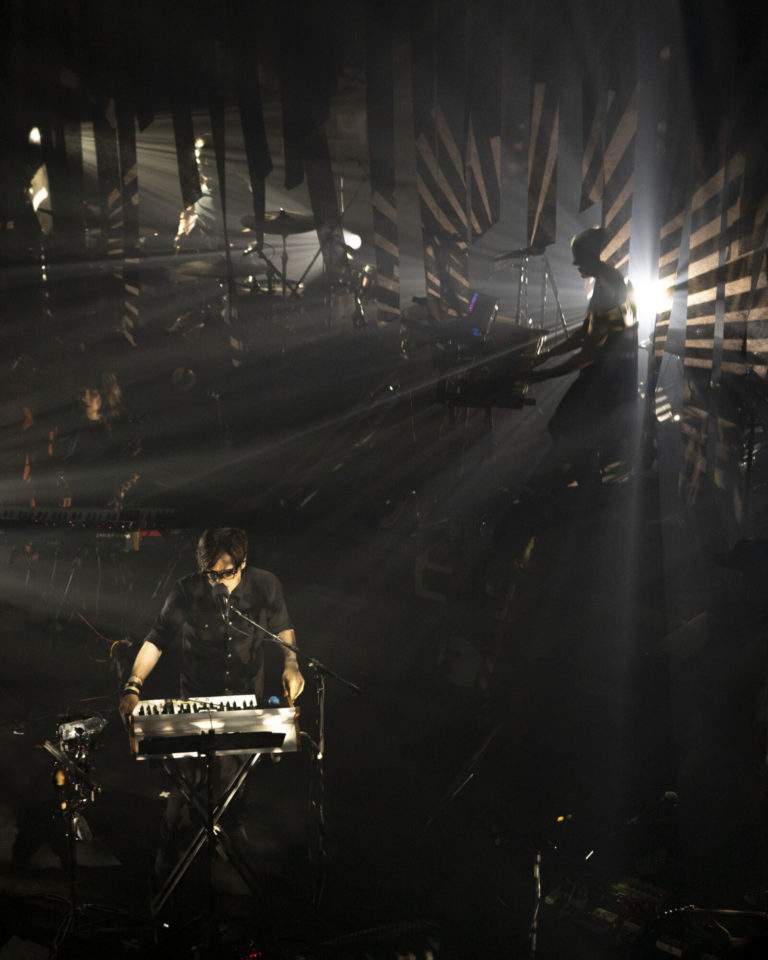
There’s a lot of time invested in the release of your latest live album. Do you discover new aspects of your songs developing in front of an audience?
All the time! The way I create now is based on the emotional intangibility of the moment, so the songs always reshape themselves into something else. Their spirits grow as I free them from my personal insecurities and need for control. And by releasing them from my fear of being transformed through them, they can flow in whatever direction they want and take whatever shape at any given moment. It’s the spirit of the songs that matters now, it’s no longer about entertaining an audience, it’s about transcending the moment and redefining ourselves for an instant. I’m no longer interested or confined to the elusive notion of finding the absolute. Quite the contrary; I want to free myself from the perspective of being fully formed as an individual and as a creator…
“Music had more to do with spirituality than whatever tangible achievement we might want to obtain”
Can you take a moment to talk about music that’s had an effect on your sound?
UK post-punk, early goth, and dark wave is what I can consider the genres I was into after listening to whatever my parents were into when I was a kid. So these genres are what I consider my foundation, what shaped my creative world. The Cure’s ‘Pornography’, Nick Cave’s ‘Tender Prey’, but also Leonard Cohen’s ‘Songs of Love and Hate’ were for me the incarnations of what music meant at the time, and they are still amongst my all-time favorite albums. But it’s only when I discovered the ’80s and ’90s experimental scene from New York that all the doors cracked open for me. Glenn Branca, Sonic Youth, and Swans to only name a few… I realized then that music had more to do with spirituality than whatever tangible achievement we might want to obtain. For me, there’s no reward in “great”. Only “real” offers me a sense of gratitude. But it’s the notion of “communion” that truly matters to me now.
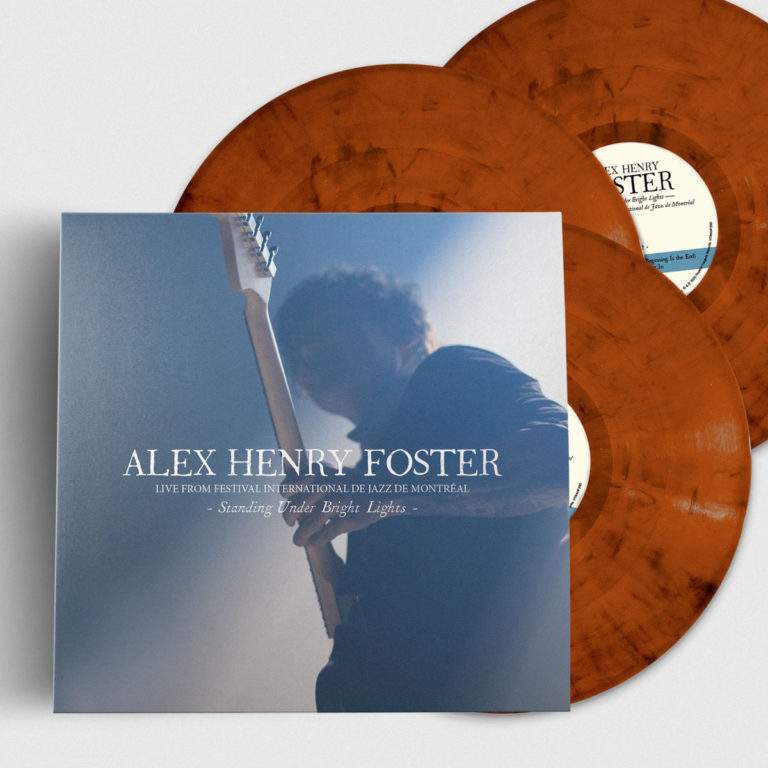
Is your material set in stone by the time you record, or is it an ever-evolving process?
For me, a record is the representation of an introspective moment through words and sounds. It’s like an intimate prayer said in an isolated temple of one or a limited few. And then, your prayer is shared with the world, reaching the people who might have similar prayers. And when we assemble for a live gathering, we become a choir made of everybody’s voices and shining with all sorts of colors. It’s something else altogether. There’s no particular shape and form no more, only a succession of living snapshots becoming a movie, a realm reflecting the suspended time we were all part of. It’s either temporally impacting or permanently transformative. It’s everyone’s decision to define the measure with which they want to dwell into such invitation. And the more we welcome and invite, the more we are able to find our people, the more our creations and their purposes are visible for everyone involved…
What is your creative process like? And on that note, would you mind sharing a few words about your debut album, ‘Windows In The Sky’?
It’s very organic and intuitive. It always starts with an image, which will be followed by the project title, then the lyrics will slowly emerge from my reflection about the image and the project title. The music will naturally come through as I dwell into it all. It’s usually how it goes. But it’s not some regimental formula, it’s more a matter of being disposed to welcome what comes my way at some point…
‘Windows in the Sky’ is the perfect example of that process, as it’s an album that wasn’t supposed to be an album at all. It’s a free expression of my transformative time in Tangier, where I kinda drifted, an emotional mess, burnt out, depressive, and totally lost. That time in Tangier went from a 2-month pause to a 2-year journey, during which I mourned my father, but also made peace with most of what I let define the damaged person I had become. It was a very difficult voyage for me. I found it terribly distressing to look into my denials, to put a bright light onto my illusions, to let go of the burden I had carried with me over the years, a toxic baggage made of bitterness, frustration, and desperation. ‘Windows in the Sky’ is a living testimony of that emancipative rebirth in a way. I hadn’t intended to release any of it until I realized the songs weren’t mine to keep. The rest of the story hasn’t much to do with me to be honest. It’s all about the songs and how people defined or redefined their nature for themselves.
There’s also a bunch of singles that were released in the last three years. Is your latest album covering your complete playlist?
Most of it, but I kept crafting new songs as I spent time on the road. Every day was like seeing that immersive universe expanding as it sees fit, so there’s a lot of intimate moments and communal instants that gave life to living entities I will soon look back on in order to see if they were meant to be ethereal sensations or exploratory streams.
Do you find yourself to be a perfectionist, in control, or do your ideas lead you, taking on a life of their own?
I used to be an insecure perfectionist and in control, but it felt like I had lost in my personal life. Since I came back from Tangier, whatever creative endeavor I am involved in is based on instinct, on the intangible. Once I feel like I have touched enough of the spirit to explore a little more, then I begin to piece out what I have felt, touched, or perceived. Allowing myself to be “wrong” set my creativity free, because there’s no right or wrong anymore, only what I believe is real and honest. The subsequent conception remains the reflection of how deep I am willing to dive into such an invisible entity without the fear of losing it all and never totally coming back from it. Sometimes I do. Other times I don’t.
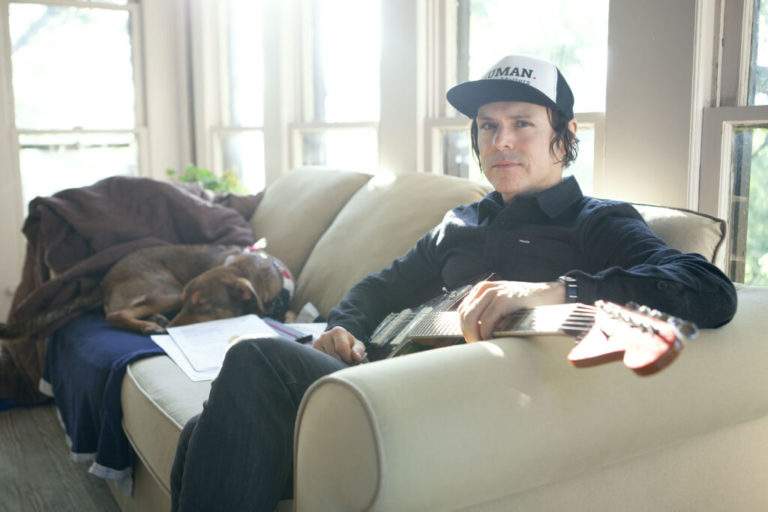
What was the songwriting process in your previous band, Your Favorite Enemies and do you have a favourite moment from those years with the band?
It was painful for all the wrong reasons. It was a constant battle and those fights rarely had anything to do with the songs or what we wanted to touch, they were the extent of our relationships, which were defined by everyone’s inner demons. It’s sad because I believe that the band has never been able to develop into what it should have become. It kind of died at the altar of our own misery. That’s why, if we were able to gather long enough to actually achieve a creative moment, it was mainly in the studio. I found that process stoic and lifeless. The track-by-track mantra never felt right to me. When we managed to get along for a moment, then it was magical. Sadly, it didn’t happen often…
As for my favorite moment, it’s all about the people I communed with. That was the “real”, that was “life”, that was everything the band needed to be able to grow. But if I’m honest, my favorite moment with the band is when we became friends again, 12 years after we started our collective adventure. Even if I might sound bitter or disappointed, I am not… In order for that seed to finally grow into something alive, it needed to die first, and I realized that, while I was trying to hold it together for so long, I was the one preventing the band from dying to itself and become something I might see in the future…
Are any of you involved in any other bands or do you have any active side-projects going on at this point?
Every musician who was part of Your Favorite Enemies is now at the center of The Long Shadows, so they pretty much all focus on that new chapter of our reborn friendship. We are all very supportive of each other’s desire to express ourselves and are part of everyone’s personal projects. Sef, YFE’s lead guitar, has just released his second instrumental album. And Ben, YFE’s multi-instrumentalist and record producer, is the one with whom I collaborate on all sorts of creative endeavors, from movie scores to experimental projects…
What are some future plans?
I’m presently writing an introspective book covering the period between my time in Tangier up to my conversational moment with Lee Ranaldo a few weeks ago in New York. I share about grief, the creation process, letting go, starting anew, shaping my life back into the light after years of being lost in the shadows of denials, and also about finding hope through mental illness. It’s a very intimate book, which will be accompanied by a new album.
It’s a monumental project for me. You can either expect a late fall release or, more realistically, sometime in the spring of 2022, which will link with my European summer tour…
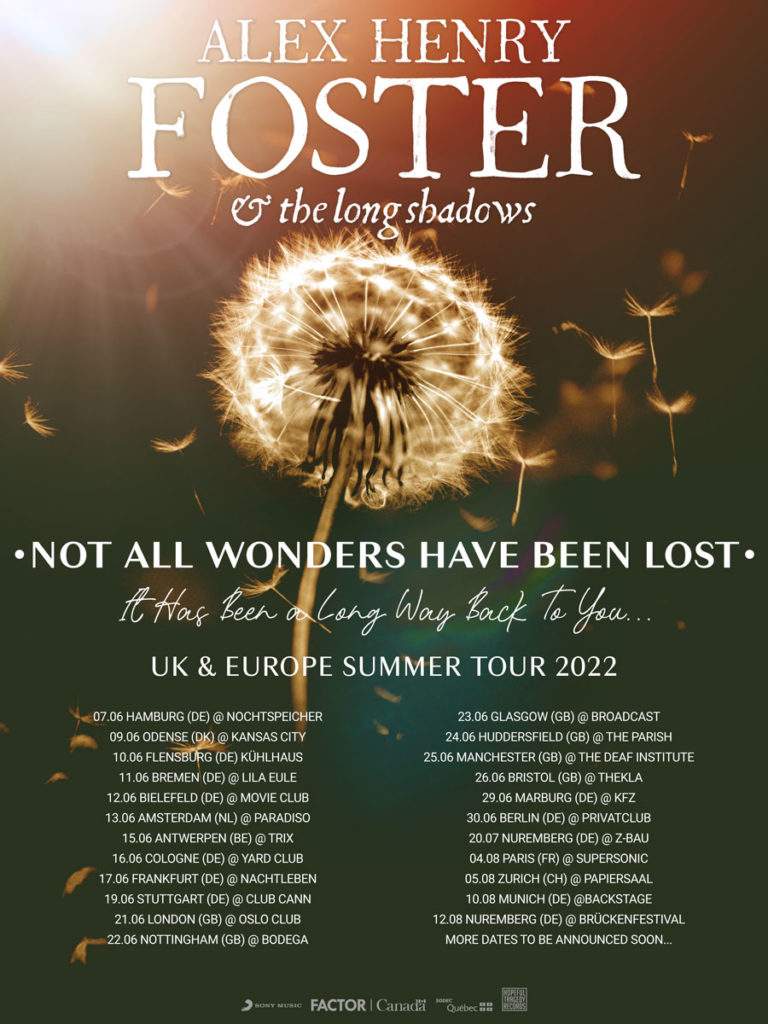
But before any of it, I’m working on creating a cultural hub in Tangier, for artists to connect together and give life to something unique and singular. And you guys need to come over for the grand opening!
All that to say, I’m really grateful to be involved in so many soulful and meaningful projects!
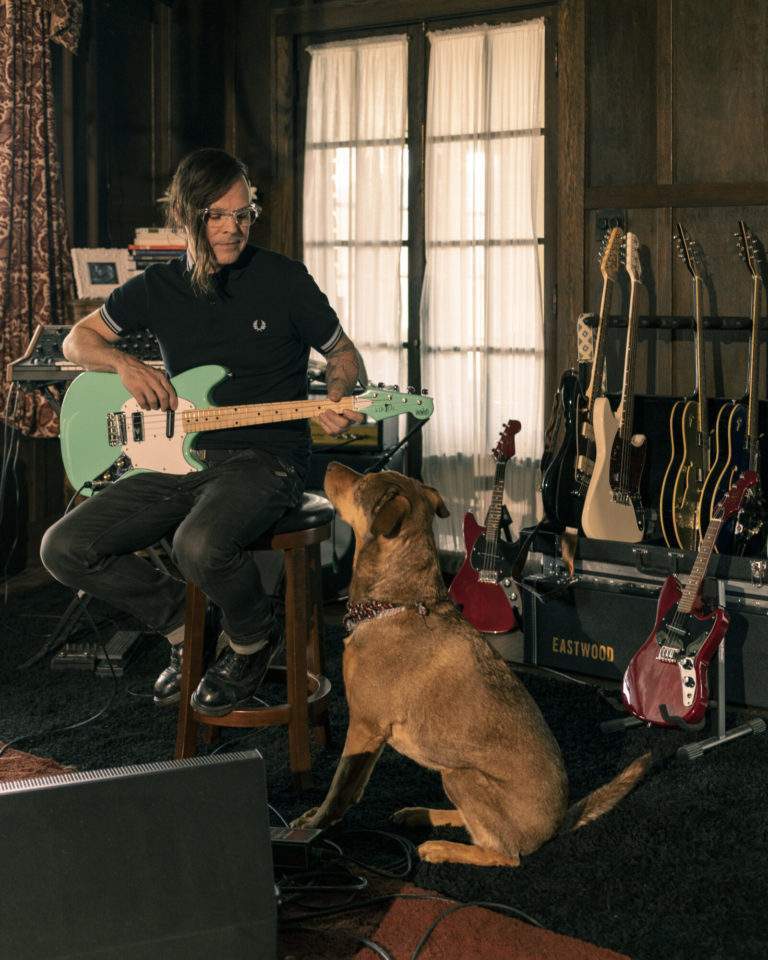
Thank you. Last word is yours.
I just want to thank you all for the generosity of your welcome and for your inviting openness towards me. It’s precious, really.
And as we can finally foresee the end of the pandemic, I hope you will all be to spend as much time as you like with friends, family, and loved ones. It feels good to be able to go back to our foundation. We may have to remain safe for some time still, but it’s nonetheless time to embrace what it means to be truly alive.
KLEMEN BREZNIKAR
July 16, 2021
